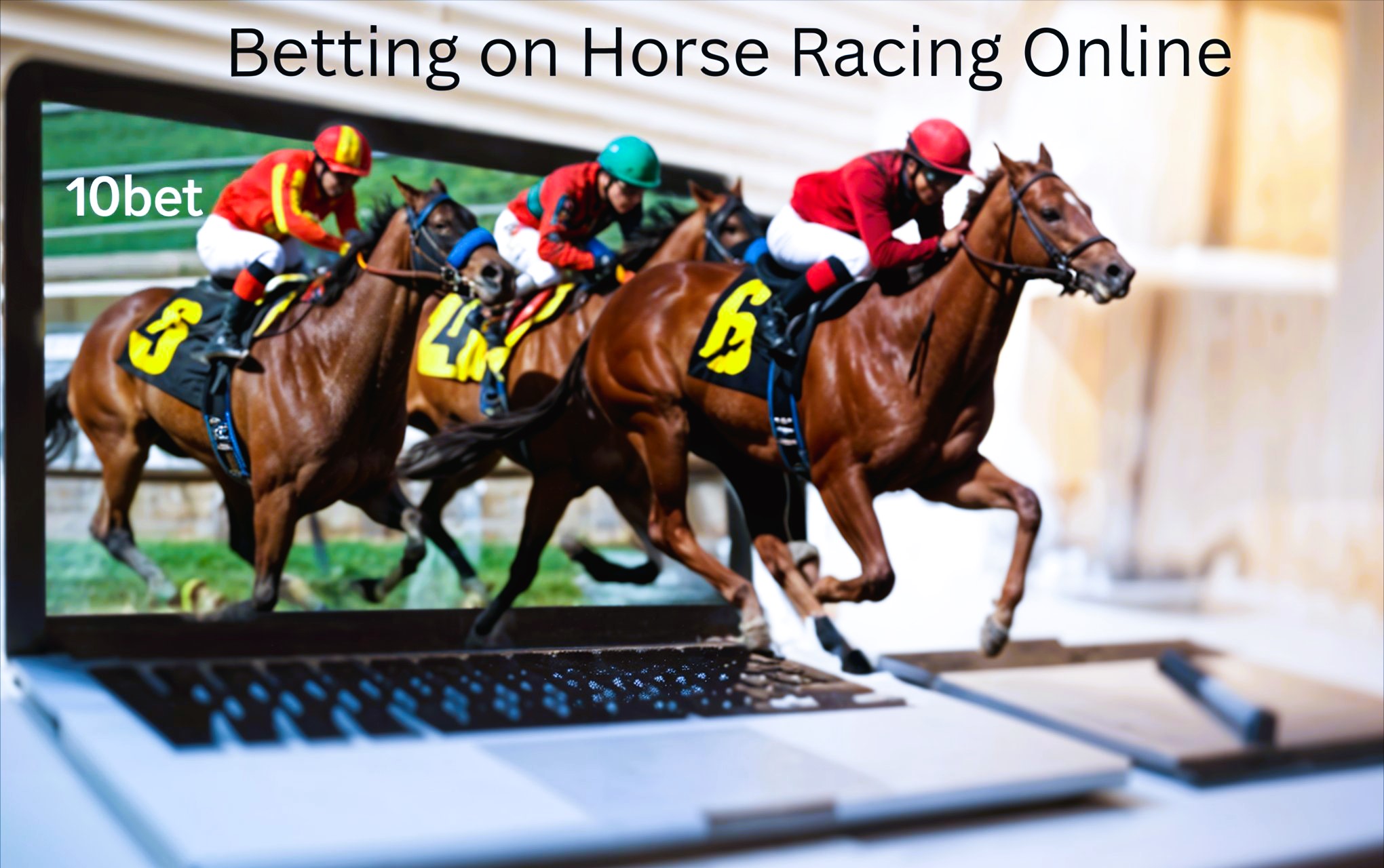Online gambling in South Africa has exploded in popularity in recent years. With easy access to betting apps, sports books, and casinos at your fingertips, it’s become more important than ever to talk about responsible gambling. That’s where self-exclusion comes into play.
What Is Self-Exclusion
Self-exclusion is a conscious, proactive step taken by individuals who recognize that their gambling habits may be getting out of control. It’s a voluntary decision to block oneself from accessing betting or gambling services, either temporarily or permanently. This approach isn’t about punishment—it’s about protection. When someone chooses to self-exclude, they’re usually doing it to create a healthy distance from triggers and temptations associated with gambling environments. Many platforms, especially licensed ones, offer self-exclusion tools as part of their commitment to responsible gambling.
The primary goal of self-exclusion is to provide the gambler with time and space to reassess their behavior and avoid further harm. It’s often used in conjunction with other support measures such as counseling, support groups, or financial advice. Think of it like putting up a safety net—you’re not quitting cold turkey alone, but giving yourself breathing room to reset mentally, emotionally, and financially. When done correctly and with the right tools, self-exclusion can be the first major step toward regaining control and moving toward a healthier lifestyle.
Summary – What Self-Exclusion Is All About:
- Voluntary process to block access to gambling services.
- Designed to protect and support individuals.
- Common in licensed, responsible betting platforms.
- Aims to reduce harm and aid in recovery.
- Can be paired with professional or community support.
Different Types of Self-Exclusion
Self-exclusion isn’t a one-size-fits-all solution—there are several types designed to cater to different levels of need or urgency. The temporary self-exclusion option allows gamblers to step away for a fixed period, usually ranging from a few weeks to several months. This option is ideal for people who feel overwhelmed and need a break to regain control. Then there’s the cooling-off period, which is even shorter—typically just a few days or weeks. It’s like hitting the pause button, especially helpful after a particularly stressful losing streak or emotional gambling session.
On the other hand, permanent self-exclusion is a more serious and long-term step. It’s often used when a person recognizes that their gambling problem has become chronic and they need a full break—potentially for life. While some platforms may allow reapplication after several years, many treat it as a lifetime ban. Choosing the right type of self-exclusion depends on the severity of the issue, but all types are geared toward one goal: giving the individual time to think clearly and make better decisions. Whether short or long-term, the idea is to create a protective barrier between you and the urge to gamble.
Types of Self-Exclusion:
- Temporary Exclusion – A few months away to reset mentally.
- Permanent Exclusion – Lifetime ban from platforms to protect long-term.
- Cooling-Off Period – A short break, often 24 hours to a few weeks, for minor setbacks.
- Custom Duration – Some platforms let you pick your timeframe.
- Self-imposed or Assisted – Can be requested by user or advised by support agents.
The Legal Landscape of Gambling in South Africa
Gambling Laws and Regulation Overview
Gambling in South Africa is a highly regulated activity, and the National Gambling Act is the foundational piece of legislation that governs it. However, here’s where things get a little complicated: while the Act provides national-level guidance, licensing and enforcement are managed by individual provinces. This means the rules, procedures, and tools available to gamblers—like self-exclusion—can differ significantly depending on where you are in the country. For example, Gauteng might have systems in place that the Western Cape doesn’t.
This decentralized approach can be confusing and inconsistent for gamblers who want to self-exclude from all platforms. Unlike some countries that offer a national exclusion register, South Africa doesn’t have one unified list that all operators must use. Instead, you might have to self-exclude separately from each platform or through each provincial board. This fragmentation can make self-exclusion feel like a bureaucratic maze instead of a user-friendly safeguard, especially for those in crisis.
🏛️ Key Points on South African Gambling Law:
- Regulated under the National Gambling Act.
- Licensing handled provincially, not nationally.
- Rules and procedures differ across provinces.
- No centralized national self-exclusion system.
- Creates barriers for seamless exclusion across all platforms.
Role of the National Gambling Board (NGB)
The National Gambling Board (NGB) is the main regulatory body at the national level. Their role includes promoting uniformity in gambling regulations, preventing illegal gambling, and encouraging responsible gambling practices. However, they currently do not operate a national self-exclusion database that covers all legal platforms. While they’ve taken steps to improve transparency and compliance, they still lack the infrastructure to provide a “one-click” exclusion across all sites in South Africa.
What this means for users is that even though the NGB talks the talk about responsible gambling, there’s still a major gap in actual execution. Gamblers looking to exclude themselves from multiple platforms will need to approach each one separately unless their provincial board offers an aggregated solution. This piecemeal process makes it harder for vulnerable users to access the help they need quickly. Ideally, the NGB would evolve toward a central exclusion system, much like what the UK and some EU countries have implemented.
🎯 Responsibilities of the NGB:
- Ensure compliance with national gambling laws.
- Promote responsible gambling.
- Oversee provincial regulatory bodies.
- Monitor and report on gambling activities.
- Does not currently run a national exclusion database.
Licensed vs Unlicensed Platforms
One of the most critical aspects for users to understand is the difference between licensed and unlicensed gambling platforms in South Africa. Licensed platforms operate under the supervision of local provincial boards and are required to adhere to strict guidelines, including offering self-exclusion tools and responsible gambling resources. These platforms are generally safe, transparent, and accountable to regulators.
In contrast, unlicensed platforms, often based offshore, are not regulated by South African authorities and therefore don’t have to follow local laws. This means if you self-exclude from all local licensed platforms but still access an offshore site, your self-exclusion becomes meaningless. These platforms may not offer any protection at all, making them a dangerous loophole for individuals trying to recover from gambling issues. It’s crucial for users to verify whether a platform is licensed before registering or placing a bet.
Differences Between Licensed & Unlicensed Platforms:
Licensed Platforms:
- Regulated by provincial boards
- Must offer self-exclusion options
- Follow strict legal and financial standards
- Safer and more transparent
Unlicensed Platforms:
- Often based offshore
- Not bound by South African laws
- May ignore self-exclusion requests
- Pose higher risks for problem gamblers
Is National Self-Exclusion Possible in South Africa
Unfortunately, at this time, South Africa does not offer a unified, nationwide self-exclusion system for gamblers. That means if you’re struggling with gambling and want to take a step back, there’s no “one-click” solution to block yourself from all licensed platforms in the country. You must go through each betting site individually, or in some cases, approach different provincial gambling boards one by one. It’s a process that feels outdated and unnecessarily complicated—especially for someone already in distress. Imagine needing help and being told to fill out the same form a dozen times. That’s essentially the current reality in South Africa.
Even worse, the lack of a centralized national exclusion register opens the door to potential loopholes. You might self-exclude from one betting platform, but still have access to another that operates under a different province or isn’t linked to your initial request. This fragmentation can be dangerous for people genuinely trying to stay away from gambling. A more modern, streamlined approach could significantly reduce harm and help people feel supported, rather than lost in red tape.
The Current Self-Exclusion System in South Africa
South Africa’s self-exclusion system, in its current form, feels more like a patchwork quilt than a unified solution. To self-exclude, a person must register with each individual betting platform or submit a request to the relevant provincial gambling board. Some platforms might offer built-in self-exclusion tools, while others may not provide any support unless you actively contact their help desk. There is no centralized database or automated enforcement to cover all licensed platforms at once. This makes the process not only time-consuming but also mentally exhausting.
In practical terms, this means someone could self-exclude from five platforms but still have access to ten others. Unless you’re extremely diligent and organized, there’s a good chance you’ll miss a few—and those few might be all it takes to fall back into unhealthy gambling behavior. Without a cohesive strategy, people are left to manually patch their own safety net, which defeats the very purpose of an accessible and effective exclusion program.
Limitations of the Existing Approach
The current self-exclusion system in South Africa comes with a laundry list of limitations, many of which could seriously hinder its effectiveness. First and foremost, it’s tedious and repetitive. Filling out multiple forms, navigating different websites, and dealing with inconsistent processes can be discouraging. For someone in a vulnerable emotional state, even a small barrier like this can feel like a mountain. Instead of getting immediate help, users are forced to jump through bureaucratic hoops.
Additionally, this disjointed method means it’s far too easy to miss a platform. One oversight can provide instant access to a gambling site and undo all the effort put into self-exclusion. Not to mention, international or unlicensed platforms aren’t covered at all—a massive loophole. These offshore sites can still be accessed freely, and many don’t even offer self-exclusion tools. In essence, South Africa’s current setup lacks the power to fully protect its citizens who need a break from gambling.
Province-Specific Exclusions
Some provinces, like Gauteng, have implemented their own exclusion systems. For example, the Gauteng Gambling Board allows residents to register for exclusion from all gambling operators licensed within that province. This can be useful for locals, but the problem is these provincial systems don’t communicate with one another. If you’re banned in Gauteng, there’s nothing stopping you from gambling in the Western Cape or any other province. That’s like putting up a fence around one part of the garden while leaving the rest open.
This siloed system creates inconsistencies in enforcement and effectiveness. A person could technically be self-excluded in several provinces and still find a way to gamble in one that they missed—or simply switch to online platforms based outside their province. There’s no interoperability between provinces, which makes the system easy to bypass. What South Africa really needs is a centralized, interconnected system, much like the models used in countries like the UK and Australia.
Comparing South Africa to Other Countries
To put things into perspective, here’s a comparison between South Africa, the United Kingdom, and Australia, focusing on their self-exclusion systems:
| Country | System Name | Coverage | Ease of Use |
| South Africa | None (Provincial Only) | Only individual platforms or provincial regions | Manual and repetitive |
| United Kingdom | GamStop | All UK-licensed online gambling operators | One-time registration |
| Australia | BetStop | All licensed online gambling providers nationwide | National coverage, easy sign-up |
As the table shows, South Africa is clearly lagging behind in terms of accessibility and effectiveness. In the UK, you can register with GamStop, a free and government-supported tool that blocks access to all licensed gambling sites. It’s fast, easy, and gives users real control over their gambling habits. The entire system is centralized and enforced across the country. One click and you’re out—no loopholes, no headaches.
Australia offers a similar tool called BetStop, which does exactly the same thing. Again, it’s government-supported, mandatory for all licensed providers, and designed with the user’s well-being in mind. These systems work because they are unified, legally backed, and simple to use. Users can set exclusion periods from three months to a lifetime, all from a single dashboard.
What South Africa Can Learn
If South Africa wants to take problem gambling seriously, it must learn from global best practices. The most crucial takeaway is the importance of centralized regulation. Having a national self-exclusion register that all licensed platforms must comply with would make the process far easier, quicker, and more effective. This would give people the ability to take immediate action to protect themselves—without having to navigate a maze of disjointed provincial systems.
Also, mandatory compliance from all betting platforms—including both online and offline—would ensure consistency and fairness. Everyone would be playing by the same rules. This would eliminate the risk of someone slipping through the cracks just because they used a lesser-known site. The technology exists, the regulatory bodies are in place, and the problem is clearly defined. All that’s needed is the political and regulatory will to make it happen.




